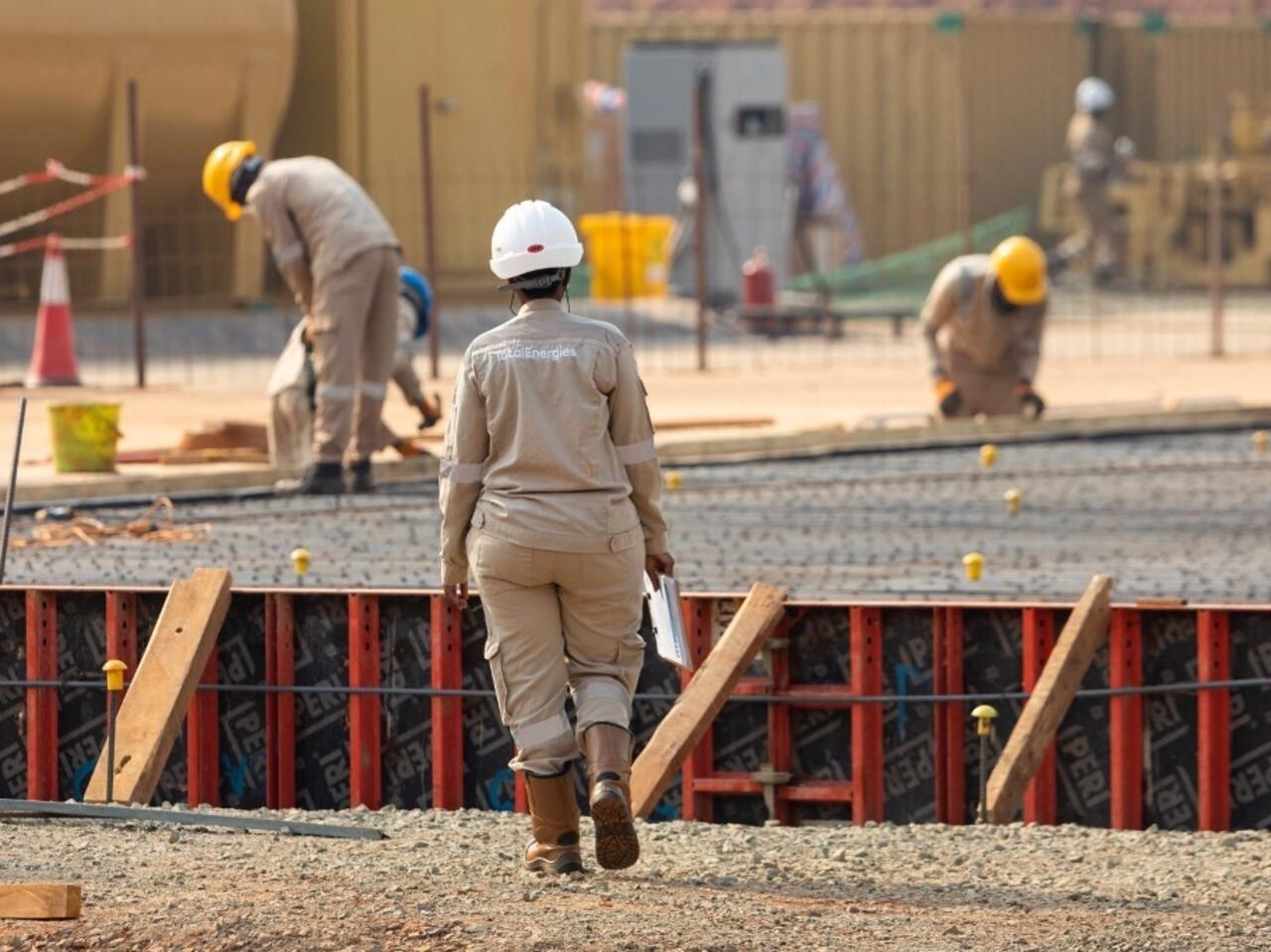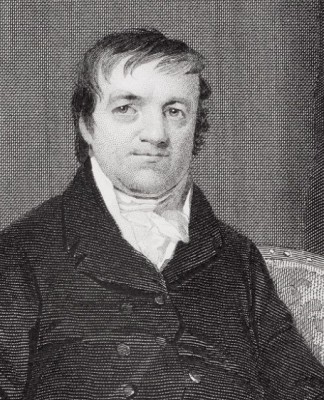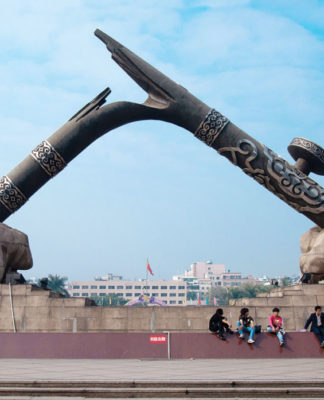/ Africa
French court dismisses NGOs’ case against TotalEnergies projects in east Africa
Issued on: 28/02/2023 – 16:17
TotalEnergies employees work during construction at a well pad inside Murchison Falls National Park in western Uganda on February 22, 2023.
TotalEnergies employees work during construction at a well pad inside Murchison Falls National Park in western Uganda on February 22, 2023. © Badru Katumba, AFP
Text by:
FRANCE 24
Follow
2 min
A French court ruled on Tuesday rejected a landmark lawsuit against oil giant TotalEnergies that accused it of failing to protect people and the environment as it pursues oil projects in Uganda and Tanzania. The world’s longest heated oil pipeline will pass through forest reserves and game parks before running alongside Lake Victoria, a source of fresh water for 40 million people.
The case was brought by six French and Ugandan activist groups in 2018, accusing the French company of not doing all it could to protect people and the local environment during the development of the Tilenga oil project and the East African Crude Oil Pipeline.
The NGOs argued the pipeline project failed to adhere to the “Duty of Vigilance Act”, a 2017 French law that compels larger companies to avoid grave harm to human rights, health, safety and the environment.
The court ruled the case “inadmissible”, saying the plaintiffs did not correctly follow court procedures against the French energy giant.
Construction is to start this year on the 897-mile (1,443-kilometre) East Africa Crude Oil Pipeline planned by TotalEnergies and CNOOC that will run between Uganda and the Indian Ocean port of Tanga in Tanzania. Authorities have described it as the world’s longest heated oil pipeline.
Uganda is estimated to have recoverable oil reserves of at least 1.4 billion barrels.
Some oil wells are to be drilled within western Uganda’s Murchison Falls National Park, where the Nile plummets 130 feet (40 metres) through a gap just 20 feet (6 metres) wide. The surrounding wilderness is home to hippos, egrets, giraffes and antelopes. The pipeline would then pass through seven forest reserves and two game parks, running alongside Lake Victoria, a source of fresh water for 40 million people.
That ecological fragility is one reason why some activists oppose the project despite assurances from TotalEnergies that the pipeline’s state-of-the-art-design will ensure safety for decades.
Ugandan authorities see the oil drilling project and the pipeline as key to economic development, saying oil wealth could help lift millions out of poverty. Some even see the international condemnation of the pipeline as an assault on the country’s sovereignty.
President Yoweri Museveni vowed in September that the project would proceed, with or without TotalEnergies. Uganda would “find someone else to work with” if necessary, he said.
At the time, European Union lawmakers had passed a non-binding resolution urging the international community “to exert maximum pressure on Ugandan and Tanzanian authorities, as well as the project promoters and stakeholders”, to halt oil projects in the region.
Daily newsletter
Receive essential international news every morning
Subscribe
That resolution cited human rights concerns, focusing on fair compensation for affected communities as well as environmental fears.
Echoing the same fears, the activist groups said the company’s oil extraction and pipeline projects adversely affected the lands of approximately 118,000 people in Uganda and Tanzania. They said tens of thousands are still awaiting compensation.
The activist groups had asked the court to order TotalEnergies to halt the east African projects based on a 2017 French law that makes large companies liable for risks to the environment and human rights.
But the court dismissed the request, saying that only a judge examining the case in depth could assess whether the accusations against TotalEnergies were well founded and then to proceed to an audit of operations on the ground.
(FRANCE 24 with Reuters, AFP)






























